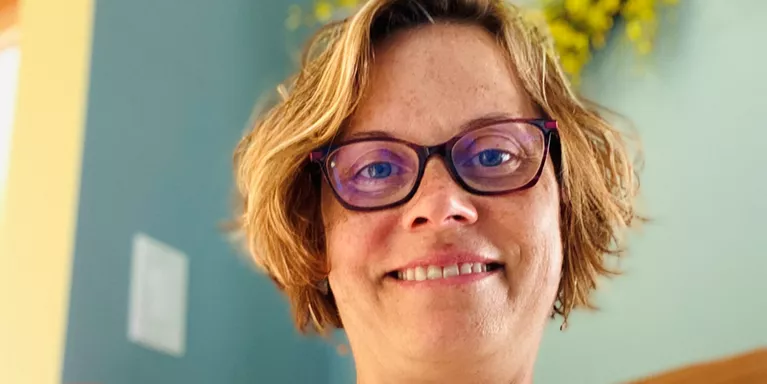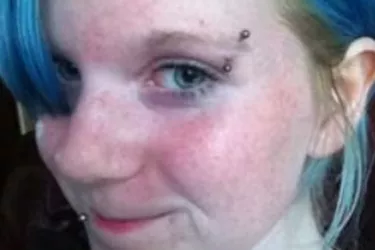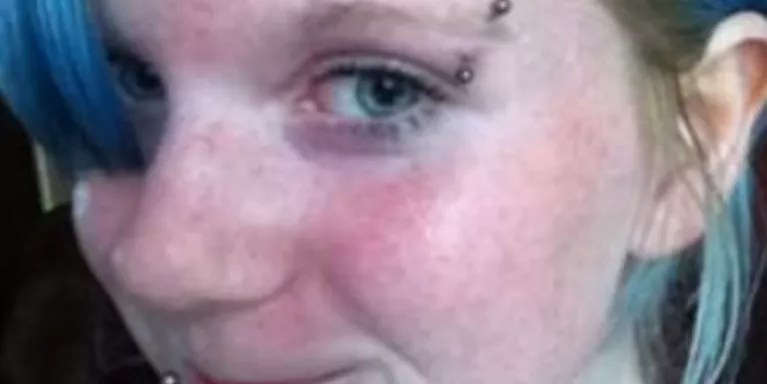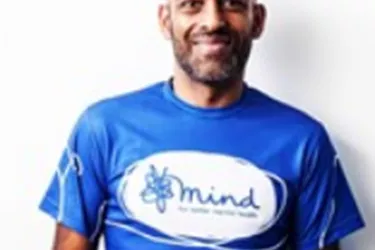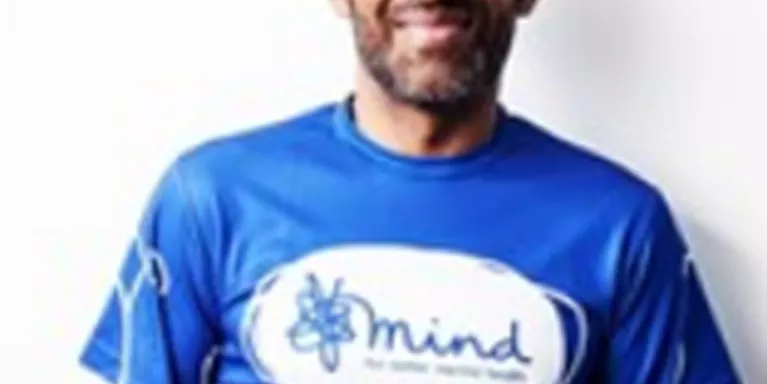My battle with bipolar and medication
Ruth talks about her experiences with bipolar and how she came to terms with the diagnosis.
Six years ago my life changed dramatically. I was working towards one of my ambitions, to go to South America. I had booked to go on an overland tour during the summer holidays as I worked at a school.
I was very passionate about my job. Looking back I think I was working too hard, work was taking over my life and I could not close my eyes at night without thinking about it. I recognised that I was becoming stressed and this built up so much that I could not sleep properly. I did not sleep for four nights. I can remember racing to my Mum and then to my sister and then to my friend. I was crying out for help but did not have the words to ask for it.
It got to a point where I was becoming paranoid and had the most disturbing thoughts involving those closest to me. I was scared and frightened and started to become delusional. At this point, my friend took me to see my doctor. She prescribed me some sleeping tablets, but still I could not sleep. I was becoming manic; my thoughts were completely abnormal and I was starting to believe things that were not real.
The following morning the crisis team came to visit me. My next memory was looking out of a window watching some rabbits in a hutch. I had no clue where I was, I knew no-one and my mind was racing. I eventually became so manic that I had to be pinned down by four people who stuck a needle in my bottom. The next few days were a complete haze. One thing I can remember is not being able to lift my head off the hospital bed and drooling like a boxer dog.
Eventually, they found the medication that suited me and I got better over a period of time. I was told that I had been sectioned and my Mum and Dad also had to break the news to me that they had cancelled my trip to South America. I broke down, I had lost my dream.
I returned home after three months. I had no life in me and felt totally deflated. I finally went back to work, but my confidence had been knocked sideways. I put on four stone due to my medication and battled every day to build my strength. I felt a different person and became very depressed.
I pushed and pushed myself to become stronger and eventually bounced back after about two years. I lost the four stone that I had put on and was in such a good place that I decided to come off my medication...
I had another manic episode and ended up back in hospital, sectioned again. This time, I stayed there for two months and went back on my medication. Eventually, after going through the same process as before, I went back to work and had to build my strength and confidence all over again. This time I put on five stone and became very unhappy. In November 2011 my parents insisted that I left my job and moved back home with them.
I was diagnosed with bipolar. This was very difficult news to take in because I suddenly had a ‘label’. I had a mental health problem. I chose to disbelieve my diagnosis and challenged it at every opportunity.
A year ago, I made the decision that I would try to come off my medication again. I wanted to be in control of myself. A few months later, I started to become aware that something was not right within me. My sleep was becoming erratic and I was becoming paranoid.
This helped me to come to terms with the fact that I have bipolar and that there is nothing to be embarrassed about. I now take my medication every day. I may never be out of the woods, but I hope that by taking one tiny pill every day it will increase my chances of never visiting that dark place again.
Following her experience, Ruth joined her local Mind in Sevenoaks as a volunteer and is thrilled to now be Office and Volunteer Manager. She has chosen to share her story to help to stand up to the stigma that is associated with mental health and to also show that there can be light at the end of the tunnel.


Information and support
When you’re living with a mental health problem, or supporting someone who is, having access to the right information - about a condition, treatment options, or practical issues - is vital. Visit our information pages to find out more.
Share your story with others
Blogs and stories can show that people with mental health problems are cared about, understood and listened to. We can use it to challenge the status quo and change attitudes.











